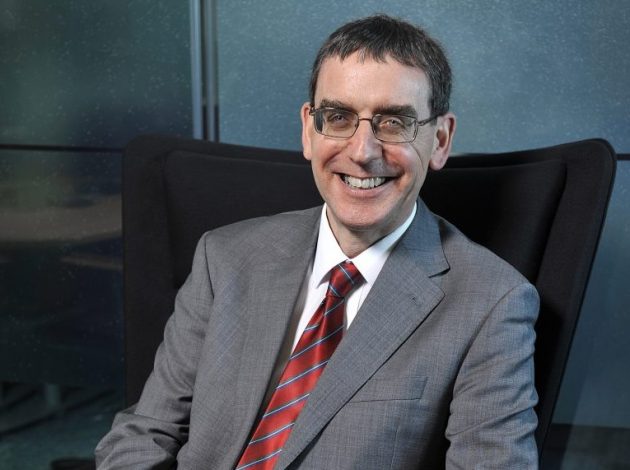For the last five years my job has been to lead the statistical system in the UK to ensure everyone has the information they need to make better decisions. While the issues that society faces change, the need for accurate and reliable evidence remains. In 2014 the prospect of a referendum on our membership of the European Union was just a possibility. Now the need for much finer-grained information on migration, trade and many other topics has been brought into sharp focus. I and my colleagues in the statistical system have needed to step up.
Good statistics and clear insight are a vital public good for the information age and are central to the functioning of our democratic society.
The world of statistics is radically changing. Last year the Office for National Statistics (ONS) published a white paper which sets out plans for the next Census in 2021, including a target to make the centuries-old Census a predominantly online survey for the first time in its history.
Information gathered during the census will enable central and local government to target vital public services to communities and groups where they are needed and allow businesses to make decisions about the goods and services they will provide in 2021 and beyond.
At the time of the referendum in 2016, ONS were publishing around 1,000 data series for trade statistics. We have now increased this to over 100,000.
But we could do so much more. Using real-time information already held by government we could understand complex changes to the economy and society faster than ever before. This data could be safely put to use by official statisticians for the public good in ways that protect confidential personal information.
On the face of it these seem like obvious improvements. But simply collecting and publishing more data can lead to greater confusion. The job of a statistician goes beyond safeguarding and promoting good use of statistics.
Our job is only complete once we have given a fair description of what is going on and enabled people to make better decisions. Communicating evidence effectively is as important as the quantity and quality of evidence itself.
Therefore, I warmly welcome this year’s Evidence Week in parliament, an initiative of Sense about Science, who are working to promote the use of science and evidence.
Over the week we will bring together parliamentarians and experts to talk about why evidence matters. MPs, peers and researchers will hear from more than 20 different organisations on everything from children’s mental health and the quality of the air we breathe, to teams from ONS talking about plans for the 2021 Census.
We can always improve, and one of the ways we are doing that is through building world-leading expertise in the innovative application of data science through our Data Science Campus.
This allows us to look at new and novel data sources and provides greater scope in a data-driven world to help us answer questions about why life expectancy is flatlining, about links between ethnicity and low pay and even how the number of trees on your street affect the price of your home.
This is all vital to the way we understand our communities. Crucially it ensures government bodies, public services and the public are equipped to understand the data that affects all of our lives.
In our society, it should not be acceptable to squander the opportunity of taking any data already collected and using it to produce the best available evidence in the public good.
I urge everyone to take notice of evidence week, to learn a bit more about what data may be available to answer questions they have and to help realise the potential to change all of our lives for the better.
John Pullinger is the outgoing UK national statistician. For more information go to www.senseaboutscience.org
This article was originally published in The Times
